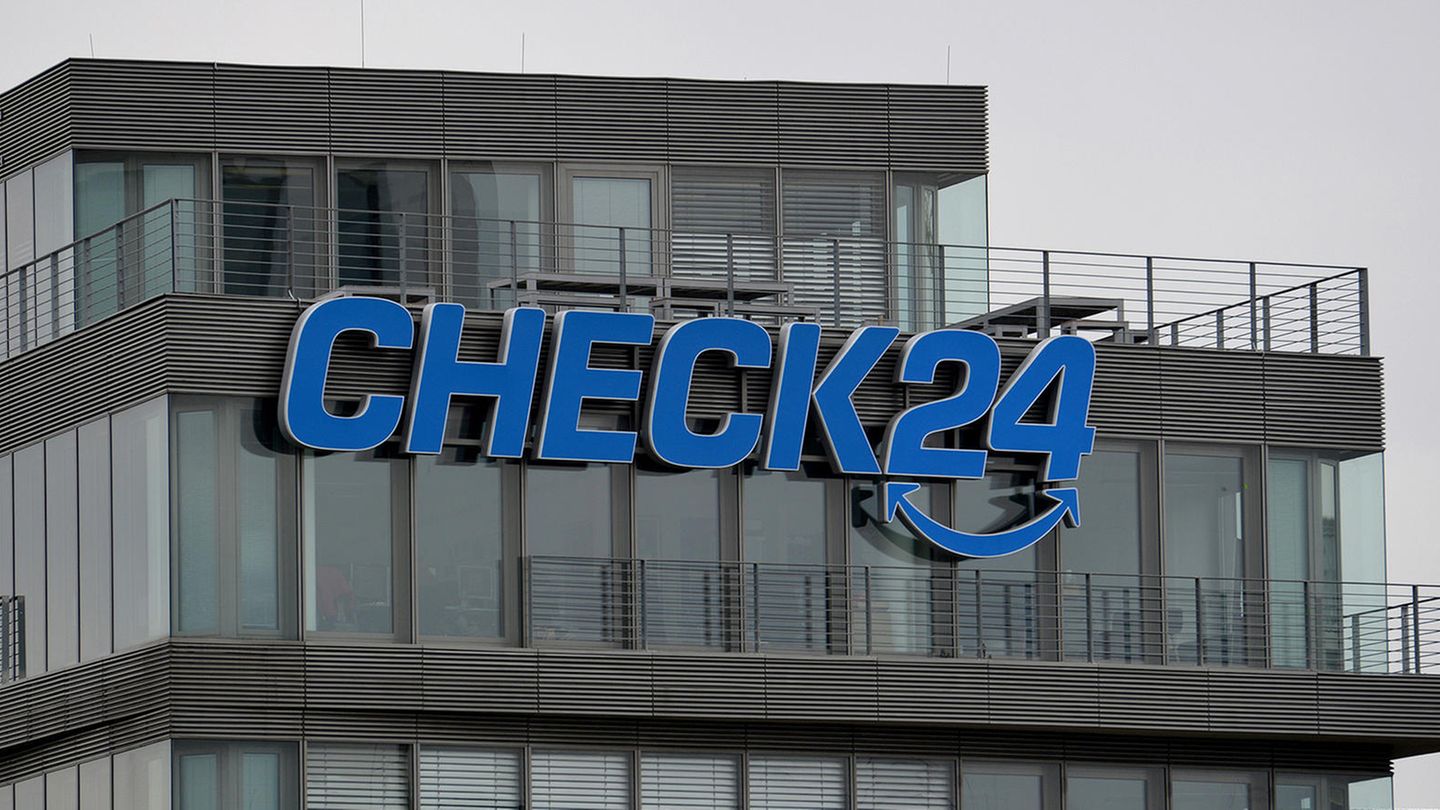The comparison portal Check24 plans to only hire developers and product managers with a maximum of two years of professional experience for two years – this is shown in an internal document. Experts believe that the policy is probably illegal.
This is original content from the Capital brand. This article will be available for ten days on stern.de. After that, you will find it exclusively on capital.de. Capital, like the star to RTL Germany.
Check24 is facing accusations of age discrimination. An internal recruiting guideline issued by the comparison portal in the spring, according to which only applicants with a maximum of two years of professional experience should be hired, violates the General Equal Treatment Act (AGG), according to experts.
According to an internal document from April entitled “2×2 Recruiting Guideline for PM, IT & Data Science,” the HR department of the Munich-based company is required to only hire product managers, developers and data scientists with a maximum of two years of professional experience over the next two years. Anyone with more professional experience will be “weeded out by HR during the screening process.”
Hiring not based on “service times and salary bands”
The measure is justified under the slogan “Hire for attitude, train for skill” by saying that newcomers to the profession are better suited to a corporate culture that is “open to unconventional ideas”, offers “steep learning curves” and pays “according to skills and commitment”, not according to “service times and salary ranges”.
According to the document, the regulation does not apply to jobs during training (such as internships or working student positions), but explicitly also to the recruitment of managers, with the only exception being the filling of managing director positions. Requests for exceptional cases must therefore be justified and made directly to Check24 founder Henrich Blase.
According to the document, the company, which has around 1,000 employees, has had positive experiences with the approach of training managers itself: “This is how Check24 grew,” it says. The company is convinced “that we need young talent in order to be at least as successful in ten years as we are today.” The Check24 press department has not yet responded to a query about the policy.
A long-time employee told Finance Forward and Capital that he was not surprised by the paper and pointed out the savings it would bring: “People who come straight from university are much easier to train and are much cheaper.” In his experience, the company, which is decentralized across 70 subsidiaries and 20 locations, also has many advantages as an employer, most notably: “You can move up quickly.”
Nevertheless, the 2×2 policy is causing unrest in the company. “Anyone over 30 feels unsafe in this company,” commented one insider. In addition, the comparison portal traditionally has no institutionalized employee representatives.
Action against directive
A works council has always been “the big bogeyman,” reports a former employee. On the career platform Kununu, the HR department explained on the official Check24 account a few years ago that there are many companies in Germany without a works council: “And that is usually the case when employees and management treat each other well and respectfully, communicate directly with each other and tackle and solve any problems together. That is also in line with our culture here.”
According to Berlin-based labor lawyer Marc-Oliver Schulze, a works council would theoretically have the means to take action “against this directive within the framework of its co-determination rights.” However, if there is no employee representation, “the workforce can only be strongly advised to set one up,” says Schulze.
For the expert, the directive is an obvious violation of the AGG’s prohibition of discrimination: “The AGG protects against discrimination based on certain characteristics, including age,” says Schulze. “Even if the directive does not refer directly to age, discrimination occurs indirectly” – because older people usually have more than two years of professional experience.
Lawyer Till Bender from DGB Rechtsschutz, a service provider of the German Trade Union Confederation, is also convinced “that this regulation represents indirect discrimination on the grounds of age”. After all, it is “in the nature of things that older people generally have more professional experience than younger people”. This “criterion, which only appears neutral at first glance, therefore discriminates against older employees”.
Check24 aims to “rejuvenate workforce”
In Schulze’s opinion, the detailed requirements of the directive would actually reinforce indirect discrimination: “Jobs during training are excluded,” probably “against the background that interns or working students in particular are usually very young people.” In addition, it is explicitly pointed out “that suitable candidates with short professional experience can also be hired at professional level and above,” says Schulze. His conclusion: “It is therefore obviously about rejuvenating the workforce and deliberately excluding older employees.”
For the expert, it is “not apparent that there could be an objective justification for this indirect discrimination.” It is also not enough to “justify these strict requirements, which hardly allow for exceptions, by saying that seniors should be trained themselves,” says Schulze.
However, the company only faces sanctions if employees or applicants take action against it: According to the lawyer, rejected applicants can assert claims for damages under the AGG. It is also possible to involve the Federal Anti-Discrimination Agency. “And if employees do not agree with this procedure, they can contact the appropriate internal reporting offices or set up a works council,” says Schulze.
This text first appeared in Finance Forward, the magazine for the new financial world, which is produced in cooperation between Capital and OMR.
Source: Stern




